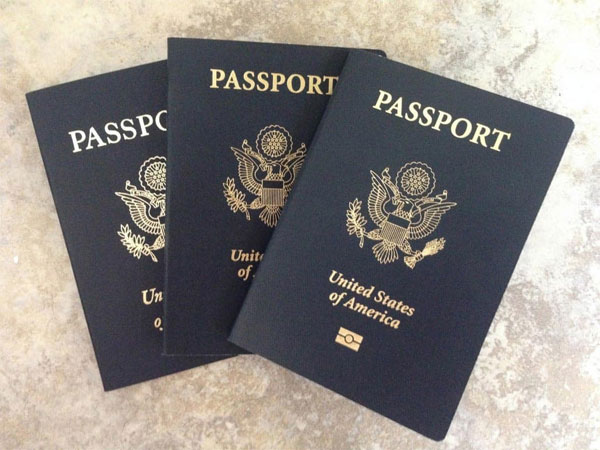Daijiworld Media Network - New Delhi
New Delhi, Oct 14: In a historic first since the Henley Passport Index was introduced in 2006, the United States passport has fallen out of the global top 10, now ranked 12th, tied with Malaysia. American passport holders currently enjoy visa-free access to 180 out of 227 destinations, down from a peak in 2014 when the US topped the rankings.
Leading the list is Singapore, offering visa-free entry to 193 destinations, followed by South Korea (190) and Japan (189), according to the latest index compiled using data from the International Air Transport Association (IATA).
The US passport’s steady decline has been linked to a growing list of countries withdrawing or limiting visa-free access. In recent months, Brazil, Myanmar, Papua New Guinea, Vietnam, and Somalia have introduced new entry restrictions or eVisa systems for US nationals. The US also remains excluded from China’s expanding visa-free list, a move viewed as symbolic of shifting diplomatic and travel dynamics.

The UK, once a dominant passport power, also saw its ranking drop from sixth to eighth, its lowest position since 2015, when it briefly held the top spot alongside Germany.
While Americans enjoy considerable travel freedom globally, the Henley Openness Index paints a different picture of how welcoming the US is in return. With only 46 nationalities allowed visa-free entry into the US, the country ranks 77th for openness — far behind peers like Australia and only slightly more open than Canada, Japan, and New Zealand.
Meanwhile, China has surged in both rankings. Since 2015, it has added 37 new visa-free destinations and now ranks 64th for passport power. Notably, China has opened its borders visa-free to 76 nationalities, outpacing the US by 30 countries, and rising to 65th place on the Openness Index. Its recent visa waivers with Russia, the Gulf states, and several Latin American and European countries highlight Beijing’s push for greater global mobility and diplomatic influence.
The shift underscores a broader realignment in international travel accessibility — where Western dominance is being gradually challenged by emerging powers investing in bilateral mobility agreements.